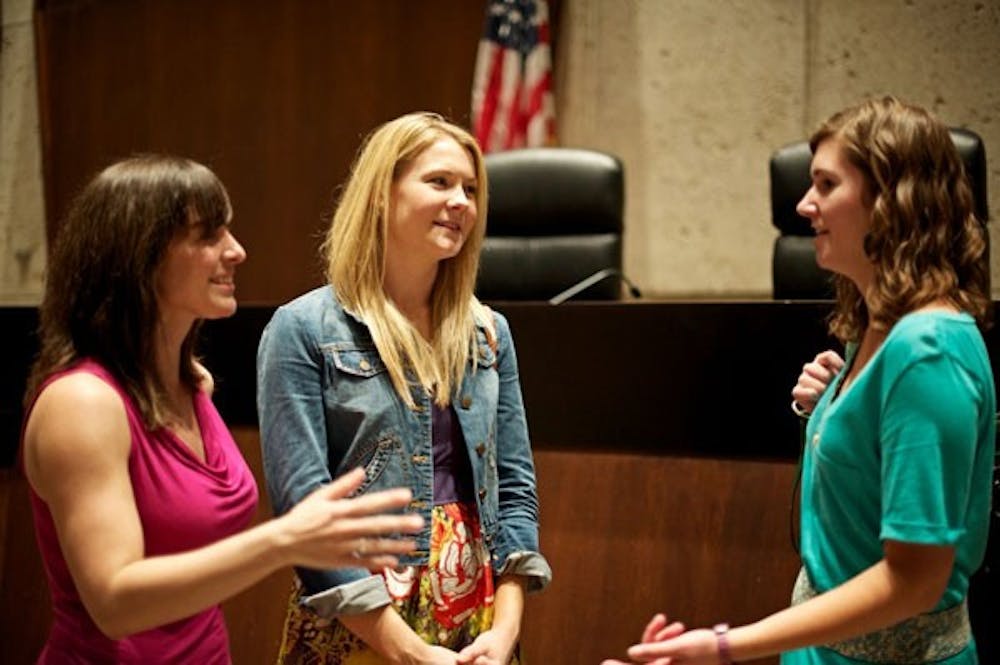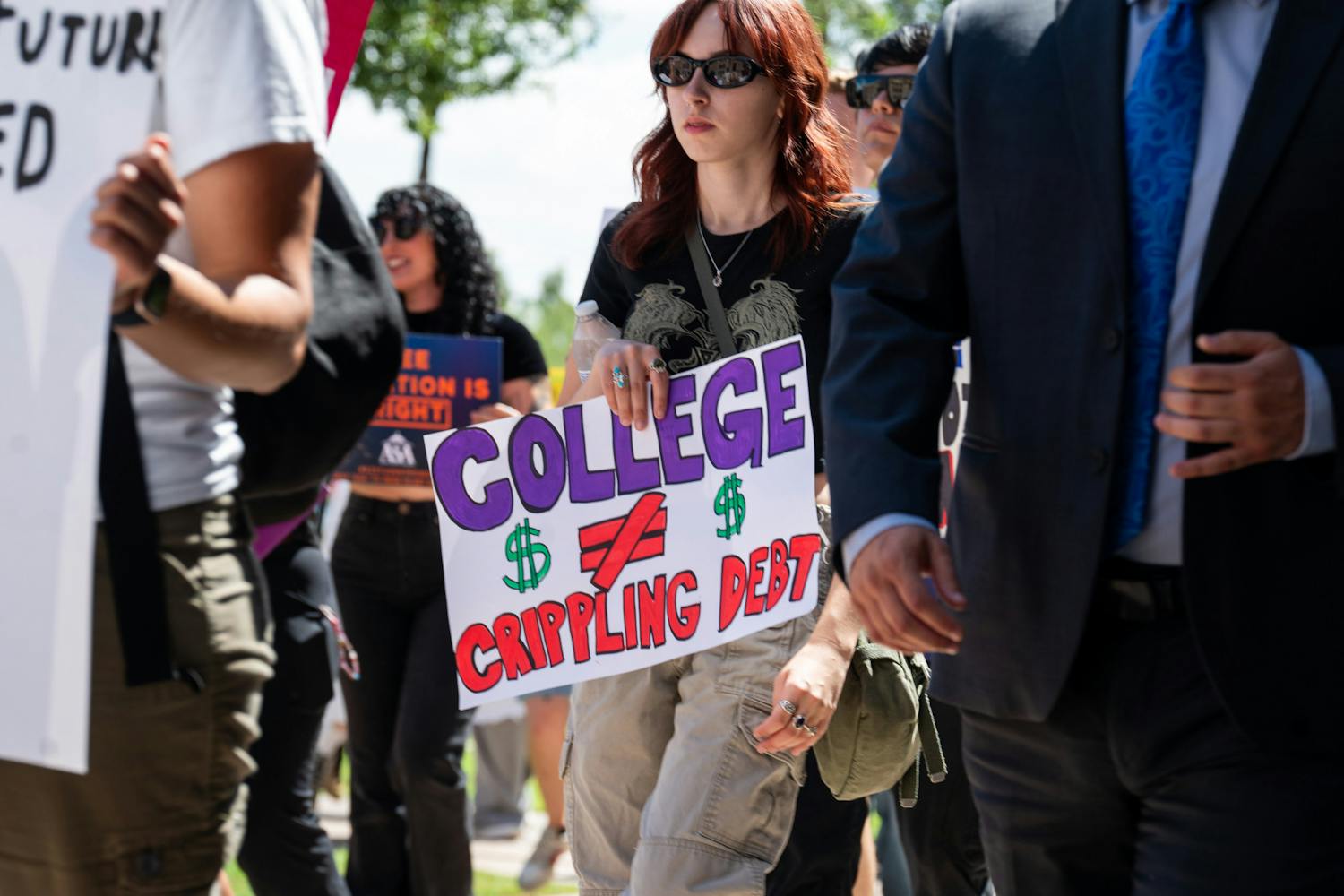Top legal experts came from all over the country Monday to participate in an ASU forum on the future of legal education and how to advance it.
Hosted by the Sandra Day O’Connor College of Law, the National Forum on the Future of Legal Education was held in a conference hall at the Arizona Biltmore Resort and Hotel in Phoenix, where professionals including district attorneys, attorney generals, state supreme court judges and law professors discussed their ideas for the future of law schools around the country.
Sandra Erickson, director of graduate and executive education at the Sandra Day O’Connor College of Law, said change is needed to meet the needs of students.
“As a result of the economic downturn, the typical way for law students to enter the legal market has changed,” she said.
To come to terms with that change, educators need to come up with different types of education, Erickson said.
Paul Berman, dean of the law school, said when he arrived at ASU in the fall of 2008, President Michael Crow asked him to turn the law school into what a 21st-Century legal education should be.
“One of the things we’re doing is a B.A. in legal studies,” he said.
This would include more writing work on the undergraduate level and would be useful to students, he said.
The audience sat at numerous tables in the conference hall, each equipped with two laptops so attendees could participate in certain aspects of the forum.
Douglas S. Griffen, director of strategy and facilitation at the Advanced Strategy Center, an off-site meeting and strategic planning facility in Scottsdale, used the laptop-enabled technology as an interactive form of discussion and gave advice for the future of law school.
“Postgraduate attorney training programs are an ongoing model for first- and second-year associates to accelerate their skills,” he said.
A law firm might invest in the one-year program, where some of the money would go to the program and some would go to the student, he said.
Griffen then asked the audience specific questions about education.
“How could law schools differentiate their value and impact for providing continuing legal education programs?” he said.
Using the computers at each table, the lawyers, judges and educators typed in their answers and were then displayed on the projection screen.
Some of the responses included focusing on skills, partnering with top-level experts in the field, and more specialized in-depth training.
Berman said he hopes he can bring all the attendees back in another year-and-a-half to discuss further initiatives, he said.
He plans to compile all of the information from the summit into a report and send it to the participants for future use.
“It started a year-and-a-half ago at the law school,” Berman said.
There have been 20 to 30 new initiatives in the last year, many of which are relevant to issues, he said.
“We set out to try and create an institution that was nimble and would be flexible enough to try it,” Berman said.
Reach the reporter at mmbarke1@asu.edu





